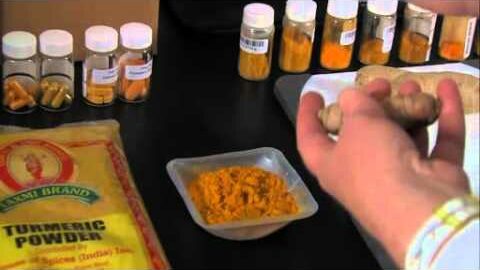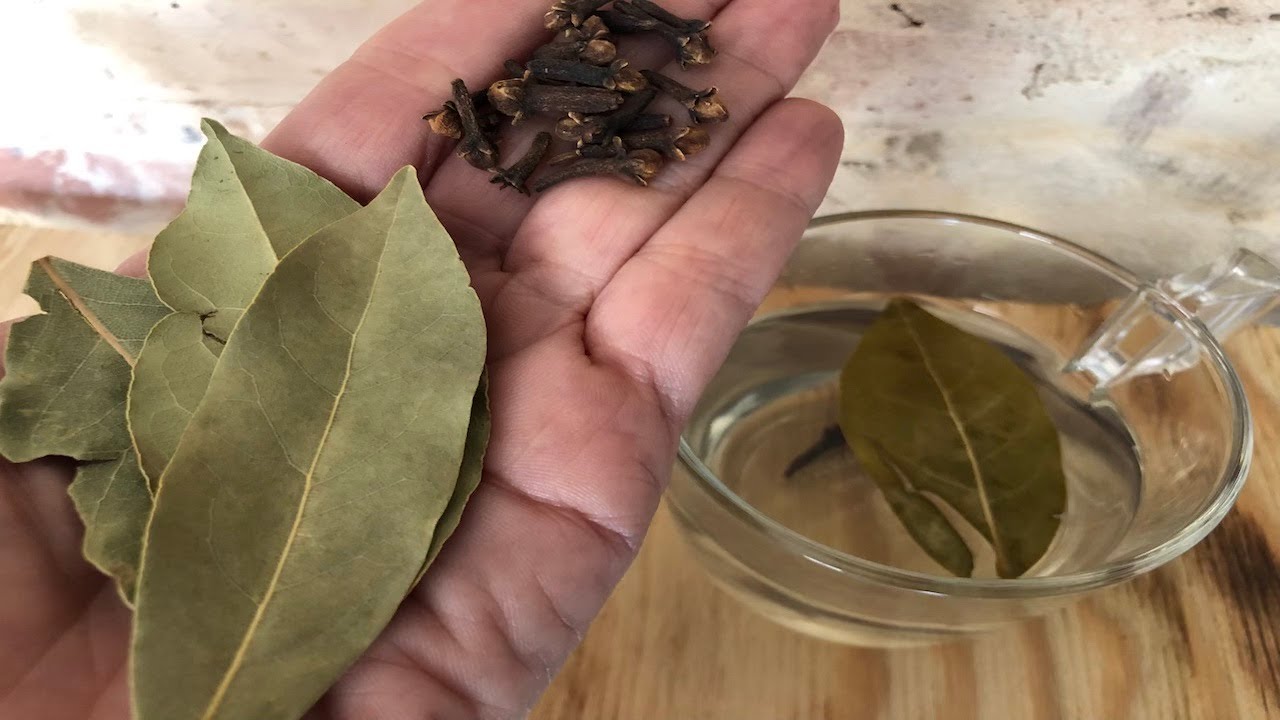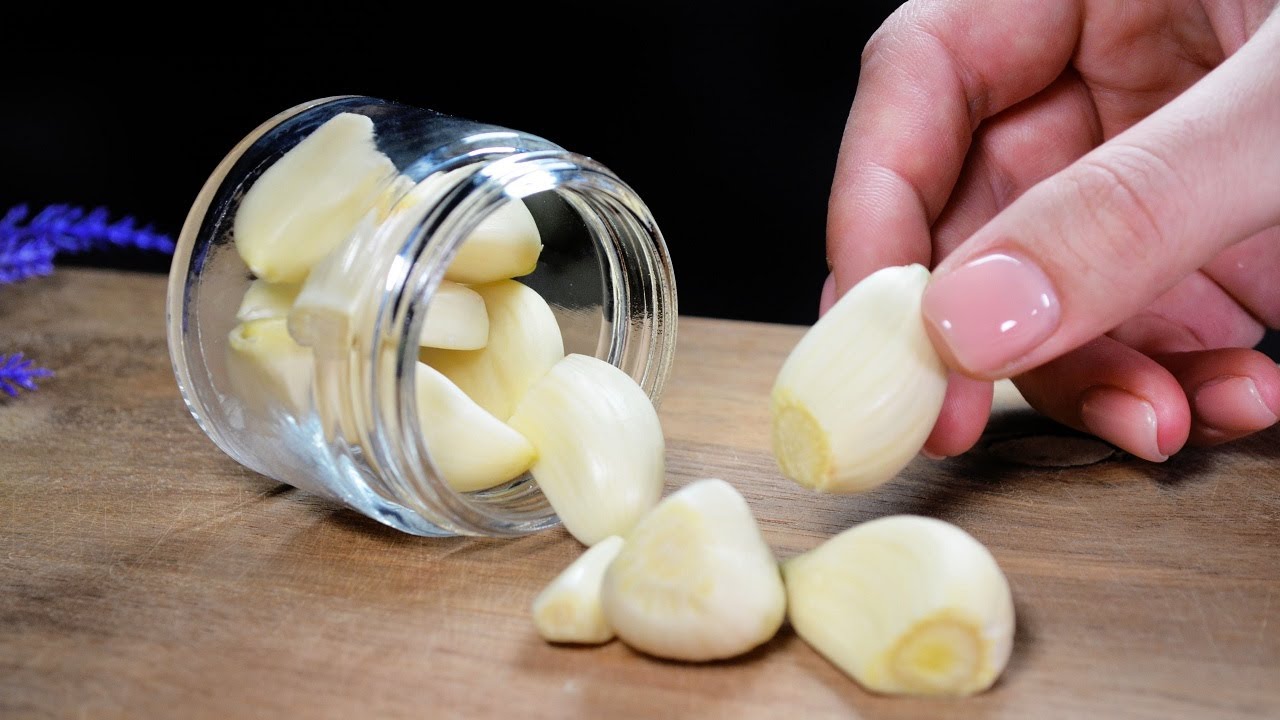
Turmeric, particularly its active compound curcumin, is well-regarded for its anti-inflammatory properties. Understanding how much turmeric you should consume to reduce inflammation can help you safely incorporate this potent spice into your diet. Here’s a look at how much turmeric might be enough for its anti-inflammatory effects:
Understanding Dosage
The effective dose of turmeric can vary widely depending on the form and how it’s consumed:
-
Dietary Turmeric: Using turmeric as a spice in cooking is generally considered safe and beneficial. Typically, culinary amounts — such as adding one to three teaspoons of ground turmeric to your meals throughout the day — are adequate for general health benefits.
-
Supplemental Turmeric: Supplements can provide a more concentrated form of curcumin, which might be more effective for addressing specific inflammatory conditions. Common dosages in studies vary, but they often range from 500 to 2,000 mg of curcumin per day. It’s important to note that curcumin only makes up about 3% of turmeric, so supplements are often necessary to reach these levels.
Factors to Consider
-
Absorption: Curcumin is poorly absorbed on its own. Consuming black pepper with turmeric can enhance absorption by up to 2,000%, thanks to piperine, the active ingredient in black pepper.
-
Health Status: The optimal dosage may also depend on your specific health condition. For instance, higher doses may be used for acute conditions like arthritis, whereas lower doses may be suitable for general inflammation reduction.
-
Form of Consumption: Whether you’re using turmeric as a whole root, powdered spice, or a supplement can affect how much you need. Supplements often contain other compounds to enhance absorption.
Clinical Recommendations
Clinical studies and reviews suggest that curcumin doses of around 500 to 1,000 mg per day can be effective for reducing inflammation with a good safety profile. However, some conditions might benefit from higher doses under medical supervision.
Safety and Considerations
-
Long-term Use: High doses of turmeric and curcumin are not recommended for long-term use without medical advice due to potential gastrointestinal, liver, or cardiovascular side effects.
-
Interactions: Turmeric may interact with blood thinners, diabetes medication, and anti-inflammatory drugs. Always consult with a healthcare provider before starting a supplement, especially if you are on medication.
Conclusion
Using turmeric as a regular part of your cooking can be a delicious way to enjoy its anti-inflammatory benefits. If considering higher doses or supplements, particularly for specific health issues, consulting with a healthcare provider is wise to determine the safest and most effective amount for your needs.




